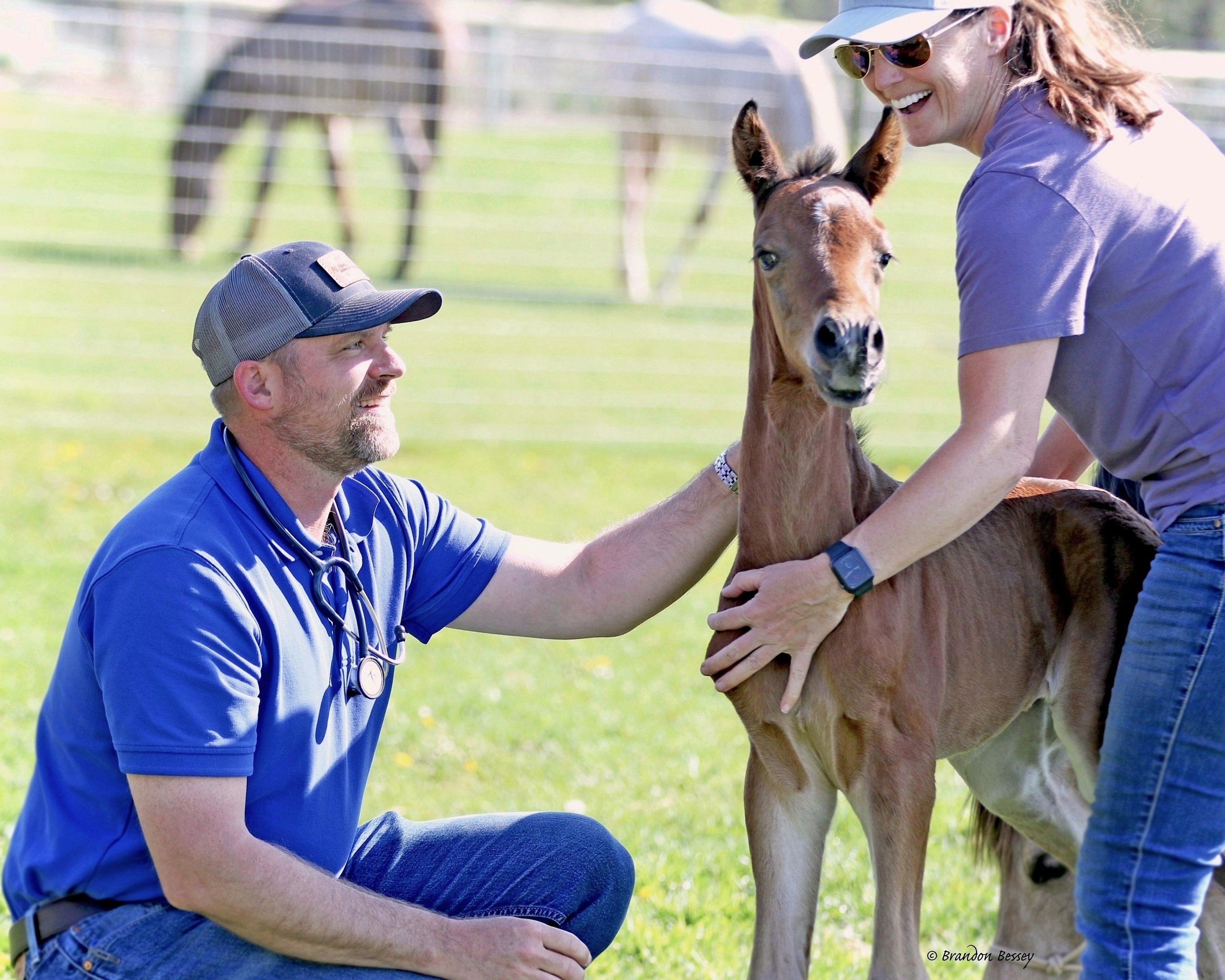
De-Worming after a Negative Fecal
There are certain parasites that may not be detected in fecal tests, such as tapeworms and resistant strongyles. These parasites can still pose a significant threat to your horse's health even if a fecal test comes back negative. Because of this, we recommend deworming your horse twice a year to ensure they remain healthy and free from parasites.
Ideally, deworming should be done in the Spring and again in the Fall after a few hard freezes. The reason for this timing is that the cold weather helps reduce the parasite load in the environment, making the deworming process more effective.
We suggest using an Ivermectin product for one treatment and an Ivermectin/Praziquantel product for the other. Ivermectin is effective against a wide range of parasites, including large and small strongyles, while Praziquantel is specifically effective against tapeworms. By using these products in combination, you can ensure comprehensive protection for your horse.
Regular deworming is an essential part of your horse's health care routine. It helps prevent the buildup of parasites that can lead to serious health issues, such as colic, weight loss, and poor coat condition. By following this deworming schedule, you can help ensure your horse remains healthy and happy.
